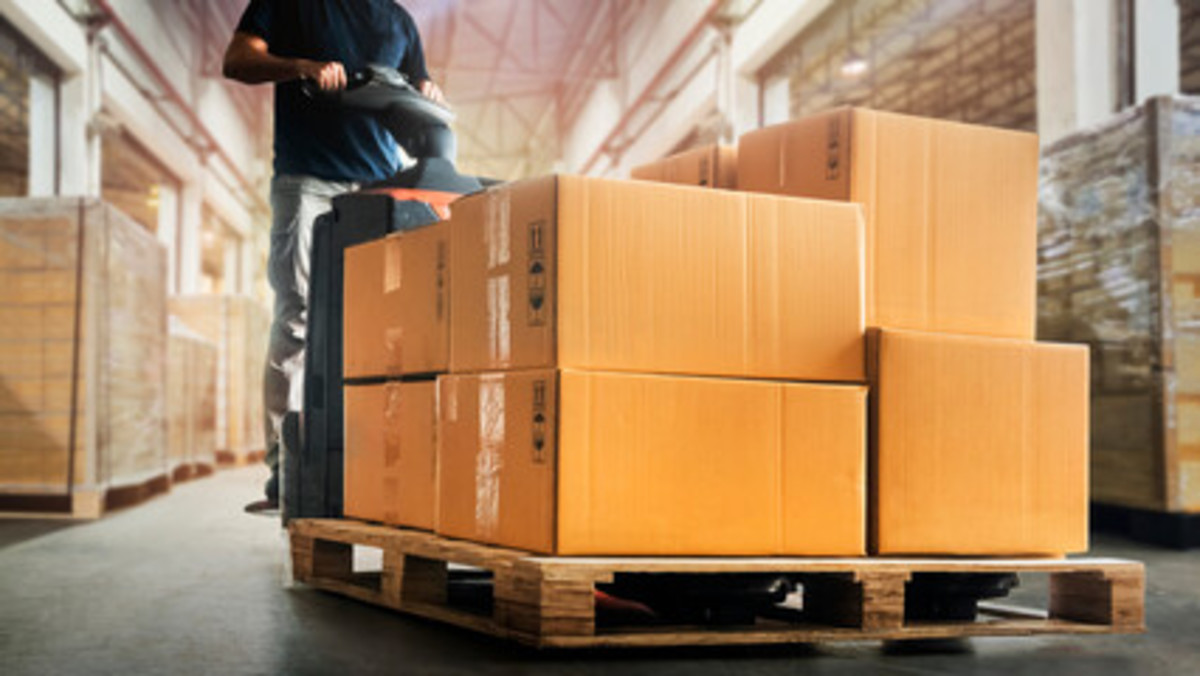Providing consumers products that create a connection between health and sustainability can be a sweet spot for eco-conscious consumers.
 While consumers say they want one thing, they often do another, and it's important to understand what consumers want, why they aren't purchasing what they want and what companies can do to bridge that gap, agreed Christopher Ratto, manager of corporate social responsibility and sustainability for Safeway, Inc., and Linda Gilbert, chief executive officer of EcoFocus Worldwide, at last week's FMI and GMA Global Sustainability Summit in Seattle, Wash.
While consumers say they want one thing, they often do another, and it's important to understand what consumers want, why they aren't purchasing what they want and what companies can do to bridge that gap, agreed Christopher Ratto, manager of corporate social responsibility and sustainability for Safeway, Inc., and Linda Gilbert, chief executive officer of EcoFocus Worldwide, at last week's FMI and GMA Global Sustainability Summit in Seattle, Wash.
In a survey of more than 9,300 shoppers ages 18-65 at more than 33 retail chains across the country, EcoFocus Worldwide found that consumers are largely interested in environmental responsibility and in making green choices, but finding those products and retailers that align with their lifestyles and values is more challenging than they'd like. For this reason, what shoppers say is important varies from what they actually do since these types of products are not necessarily what they're putting in their shopping carts, Gilbert said.
"What we're trying to understand is partly from the consumer's point of view, who are the grocery stores that are doing a better job at being eco-friendly in their minds?" Gilbert explained, adding that some of the measure they use in terms of how eco-friendly a retailer or CPG company is, or how sustainable they are, aren't necessarily the standards that these companies tend to look at as an industry.
At the top of the list, being a good neighbor in the community is a very strong sustainability measure for consumers, as are health and safety issues when it comes to families and waste reduction. While it sounds fairly straightforward, more and more consumers are looking to food retailers to make it easier for them to make eco-friendly choices, the survey found. In fact, 50% of those surveyed said they want it to be made easy, a 3% increase from 2010, and 46% said it is difficult to figure out what choices to make in order to lead an eco-friendly lifestyle, up 7% from 2010.
Read more from the source: SmartBlogs







